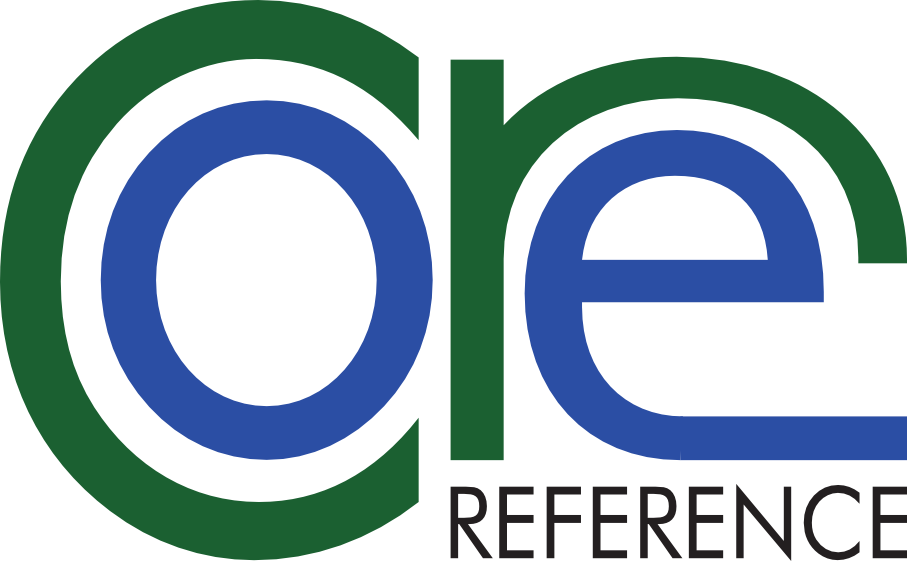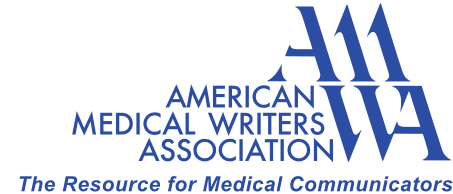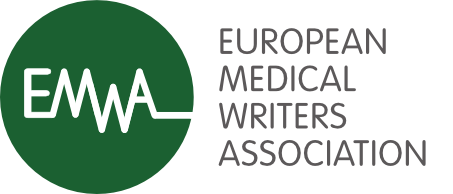May 2019
1. ICH E8(R1) – ‘General Considerations for Clinical Trials’ Updated
ICH E8(R1) is at Step 3 (draft guidance endorsed 08 May 2019). Broad themes include stakeholder (including patient) input to clinical trial design; fostering a 'quality by design' approach; and an excellent tabulation of the types of study commonly employed in drug development, including objectives and study examples (Annex 1). Also included in Annex 2 is an overview of the ICH 'E Family' of Guidelines - to facilitate holistic utility of the guidelines.
2. Further ICH Planned Guideline Updates - 2019 and Beyond
More than a dozen further ICH Guidelines will be updated through 2019 and beyond according to FDA officials. Of note for the medical writing community are:
E2B(R3) – including MedDRA
E9(R1) – estimand
M11 – clinical e-structured harmonized protocol (CeSHarP)
M12 – drug interaction studies
E20 – adaptive clinical trials
3. EMA Policy 0070 Updated 21 March 2019
On 21 March 2019, EMA updated Policy 0070 "European Medicines Agency policy on publication of clinical data for medicinal products for human use". The new version is archived on EMA’s ‘Clinical Data Publication’ page. The new version supersedes the 02 October 2014 version. In the revised policy, the governing law has changed from ‘England and Wales’ to ‘the Netherlands’, and the Amsterdam District Court replaces London as a (non-exclusive) judicial venue.
4. Academia and Clinical Trials Results Posting
Academic institutions still have some way to go with understanding and complying with their clinical trial reporting obligations as Nic Fleming’s 30 April 2019 Nature article titled “European universities dismal at reporting results of clinical trials” shows.
5. Privacy for America
"Following a flurry of highly publicised cases of inappropriate data usage, there is increasing public interest over who is held accountable for the collection, use and storage of data. The EU General Data Protection Regulation (GDPR) is seen as a leader in the move towards consent-based, opt-in data collection. However, concerns have been raised that lengthy and abstruse terms and conditions prevent truly informed consent by the user to share data. In the USA, the Privacy for America initiative plans to introduce new federal regulation of data privacy; however, it was noted that the resulting policy may take a different approach to that of the EU GDPR or state-level interventions such as the California Consumer Privacy Act."
[The above text is sourced from ISMPP's 15th Annual Meeting (15-17 April 2019) Day 1 report]
Given the impact that we have seen with GDPR and its interplay with clinical trial transparency and disclosure in the EU, it seems reasonable to assume that this is 'one to watch'...
6. CORE Reference – 3 years on
At the 10 May 2019 EMWA Regulatory Expert Seminar Series, Art Gertel and Sam Hamilton updated conference attendees about recent developments with the CORE Reference project. You may review the slide deck of our presentation here (archived on the 'Publications' page of the website under 'Presentations').
Of note - we reported on submission of a manuscript to the peer-review BMC journal Research Integrity and Peer Review on 07 May 2019 titled: "Review of the TransCelerate template for clinical study reports (CSRs) by the developers of CORE Reference (Clarity and Openness in Reporting: E3-based)"
We are waiting to hear from the journal editors and hope to provide further publication updates as they occur...
7. Data Sharing Resources
a. VIVLI
Vivli is a not-for-profit group - who have developed an analytics and data sharing platform. They will be hosting “Working together to Transform Data Sharing - the Vivli Annual Meeting". This free event will be held at Bethesda USA on 18 September 2019 - registration is mandatory.
This useful article dated 22 April 2019 (and a more in-depth webinar) addresses the 'Top five questions small and mid-size companies should ask before embarking on a data sharing program'
This article explains how to use Vivli to meet the June 2017 ICMJE Data Sharing Requirements.
b. FAIR Data Guiding Principles
This paper by Wilkinson et al published in Nature Research in 2016 and titled 'The FAIR Guiding Principles for scientific data management and stewardship' - is an interesting read. This article describes "four foundational principles - Findability, Accessibility, Interoperability, and Reusability", and the authors state: "The intent is that these may act as a guideline for those wishing to enhance the reusability of their data holdings."
c. BioMedCentral Series: BMC Research Notes
BioMedCentral has recently launched BMC Data Notes to support effective data sharing. This blog by the editor, Dirk Krüger, explains what Data Notes are, how to use them, and he says: “We are launching data notes to make forgotten data available. They are quick and easy to write and authors can make their unused data widely available by publishing in an international, peer-reviewed open access journal. This means a data note provides a citable publication and credits authors for good data practice.”
Considering the amount of unpublished trial data, this new platform for sharing may be of interest.


